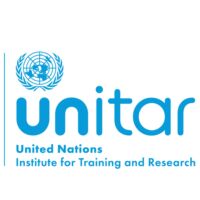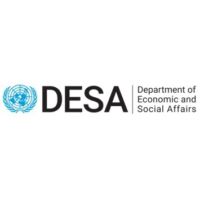Further to the adoption of the 2030 Agenda in September 2015, 4 rounds of reviews of its implementation took place at the global level in July 2016, July 2017, July 2018 and July 2019 in the context of the High-level Political Forum on Sustainable Development (HLPF). More than 100 countries have already presented their Voluntary National Reviews (VNRs) at HLPF. All UN Member States are expected to conduct regular and inclusive national reviews of progress on the SDGs and contribute to regional and global reviews. Such reviews should draw on national processes and include contributions from different stakeholders.
This e-learning course is designed to support this process and is aimed at strengthening the capacities of Governments to engage in an effective and meaningful way with MGoS (Major Groups and other stakeholders) as they implement and review progress towards the achievement of the SDGs. It complements a range of other capacity development activities being rolled out, among other, by UN Secretariat to meet the needs of both governments and other stakeholders with regards to the 2030 Agenda and HLPF process.
The course is composed of two parts: Fundamentals of stakeholder engagement and InFocus modules.
Fundamentals
Module 1. Understanding the need for stakeholder engagement in the 2030 Agenda at the national level
Module 2. Learning about approaches and tools for strengthening stakeholder engagement for the SDGs
Module 3. Designing successful strategies for stakeholder engagement in national implementation and review processes for the 2030 Agenda
InFocus
Module 4. Leaving no one behind: Approaches, tools and best practices to promote meaningful engagement of all stakeholders in the implementation and follow up of the 2030 Agenda
Those participants who complete the requirements for the 3 online modules are entitled to a Certificate of Completion – Fundamentals, and those participants who complete InFocus module on Leave No One Behind will receive an additional Certificate of Completion for the InFocus module specifically.
Target Audience
Government officials, UN staff; local governments; civil society and others.
Learning Objectives
Following the completion of the course, participants will be able to:
- Describe the rationale behind the need for Governments to engage with MGoS in formulating and reviewing SDG policies;
- Map key national stakeholders with a special focus on those who are the furthest behind;
- Assess the relevance of different models of engagement practiced by other countries as part of VNRs in their respective countries;
- Identify practical ways to engage with key national stakeholders, incl. vulnerable groups, in the context of preparations for VNRs;
- Develop long-term strategies for ensuring continuous stakeholder engagement as part of regular national review processes for the SDGs;
- Apply approaches and tools to promote the meaningful engagement of all stakeholders, with a special focus on the most vulnerable, and to assess the quality of their engagement in the implementation and review processes for the 2030 Agenda, including in the COVID-19 response context.









